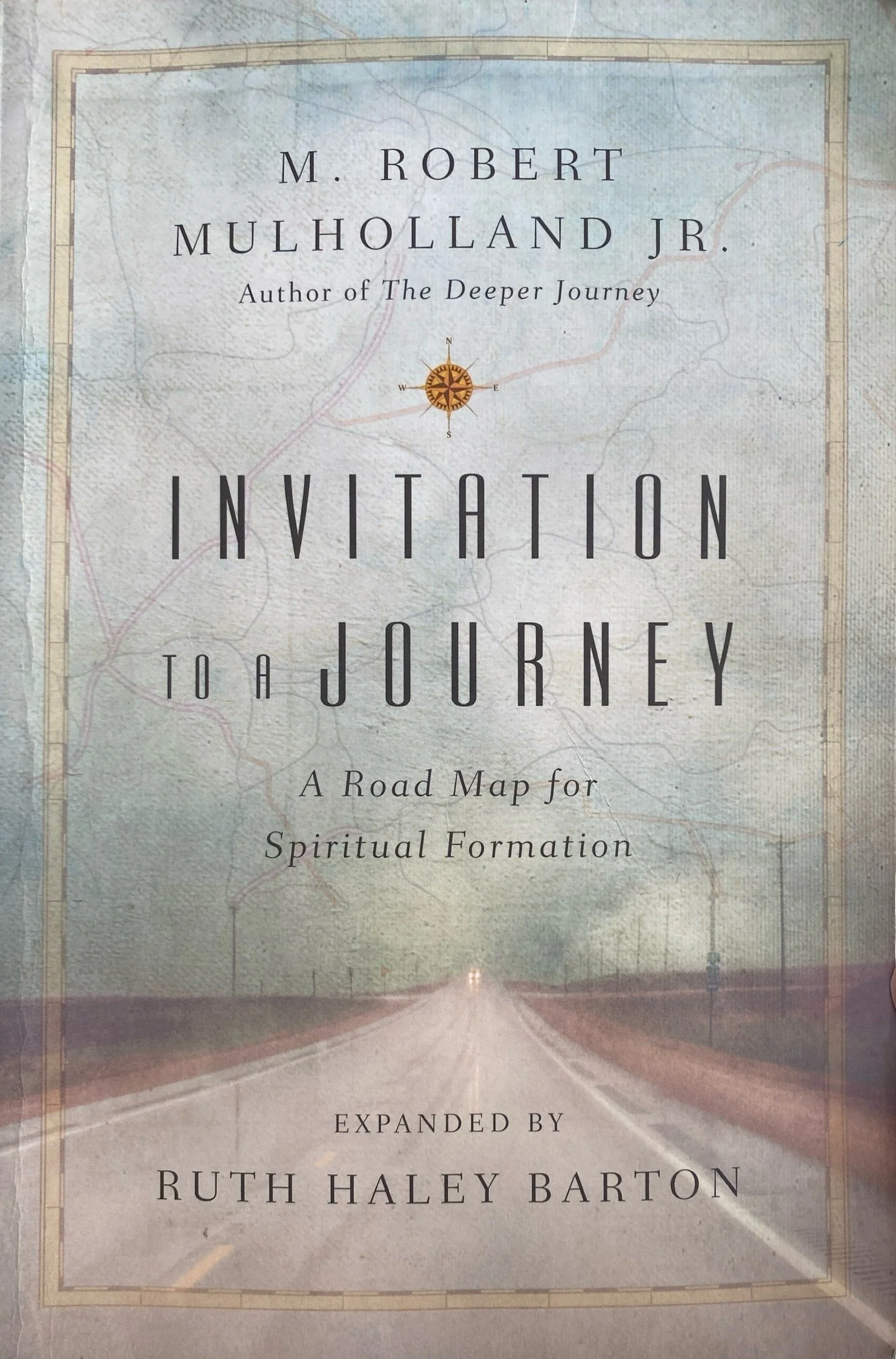A Look at Invitation to a Journey 1
Over the years, a few accounts of spiritual formation have initially resonated with me but eventually left me cold because they felt like creative sermons on why Christians need to be more disciplined and obedient. And we do, but we need help with the deep inner dynamics that get in the way.
Reading Robert Mulholland’s Invitation to a Journey feels very different. It has greatly enriched my spiritual life, even reframed it.
Mulholland speaks of being on a journey, ever in process, ever relinquishing the drive to control my circumstances, people, and even God. Being formed into the Image of Christ, like clay in the potter’s hands is not under my control, nor is it to be shaped by my agenda. What? I was not even aware I had an agenda!
Mulholland argues that much of spiritual formation is about trusting God’s motives and methods of shaping me. Without letting him have his way, involvement in disciplines and practices just becomes a way of seeking my own agenda and self-mastery through religious behaviors. So, Mulholland is describing a profoundly personal relationship—union with God—and the ways we resist and evade that relationship.
Mulholland also emphasizes that God works through our “createdness”—humanity, unique personality, and psychological dynamics. His notion of spiritual formation, then, is holistic and integrated, not just spiritual and abstract.
He appreciates that our personality affects how we pray and relate to God and other people. He describes how we can become so attached to our “preferences” (thinking over feeling or feeling over thinking, solitude over community) that we judge others’ preferences and avoid development outside of what is comfortable for us.
He acknowledges that psychology matters, that we are emotional and complex in our layers of motivation and perception, and that a lot is at work in our unconscious.
The Role of Disciplines
Mulholland insists that engaging in spiritual disciplines (prayer, worship, meditation, spiritual reading) does not cause spiritual formation. Only God does. Disciplines can actually hinder formation when approached as a means of controlling our world or leveraging blessings from God. The true value of the disciplines is in helping us let go and develop a posture of yielding to God’s forming ways as he reveals our heart’s true aims and fears.
In future blog posts, I’ll walk you through Invitation to a Journey.
